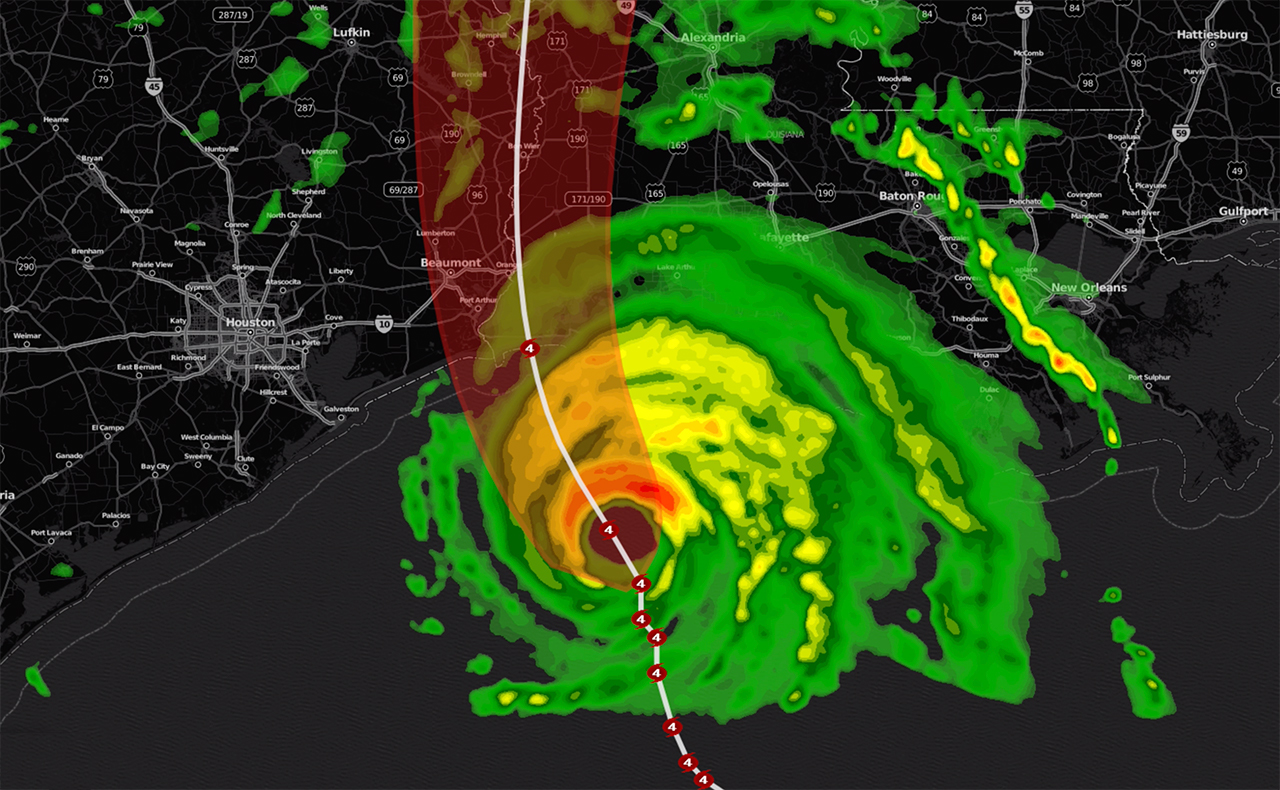A recent study suggests that a warming climate may be changing the behavior of hurricanes after they have made landfall, and not for the better.
Researchers Lin Li and Pinaki Chakraborty, both of the Okinawa Institute of Science and Technology, recently published Slower Decay of Landfalling Hurricanes in a Warming World. The report suggests that increased sea surface temperature and a warming climate are increasing the ability for a tropical storm to retain more moisture after making landfall, a key ingredient in maintaining storm strength.
“We have shown that over the past 50 years the duration of storm decay after making landfall for North Atlantic landfalling hurricanes has increased by 94%. This increase is primarily fueled by the enhanced stock of storm moisture supplied by warmer oceans,” says Li and Chakraborty. They add, “whereas in the late 1960s a typical hurricane lost about 75 per cent of its intensity in the first day past landfall, now the corresponding decay is only about 50 per cent.”
This is unfavorable news to the risk industry, as hurricanes will have an increased likelihood of generating damage farther inland. Many insurance carriers and reinsurers are wondering if the record-breaking hurricane season of 2020 is a glimpse into a changing climate.
Opterrix provides Insurers the tools they need to inform their climate-related decisions. Learn more at Opterrix.com
Li, L., Chakraborty, P. Slower decay of landfalling hurricanes in a warming world.Nature 587, 230–234 (2020). https://doi.org/10.1038/s41586-020-2867-7

